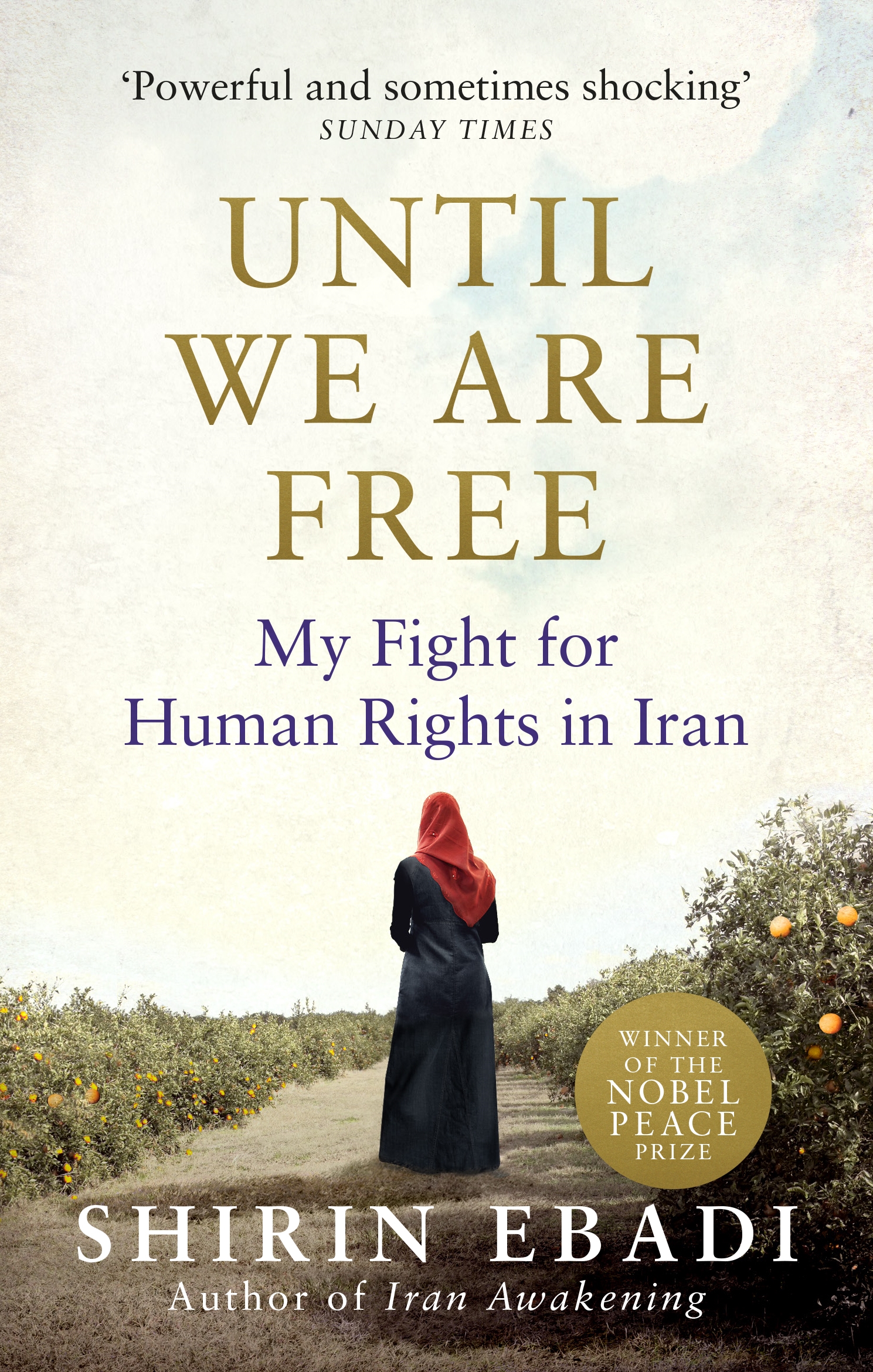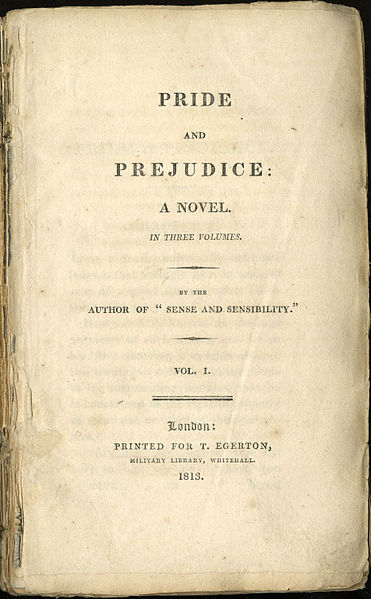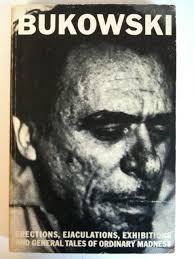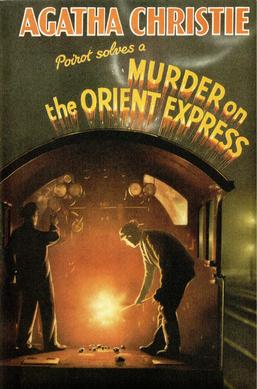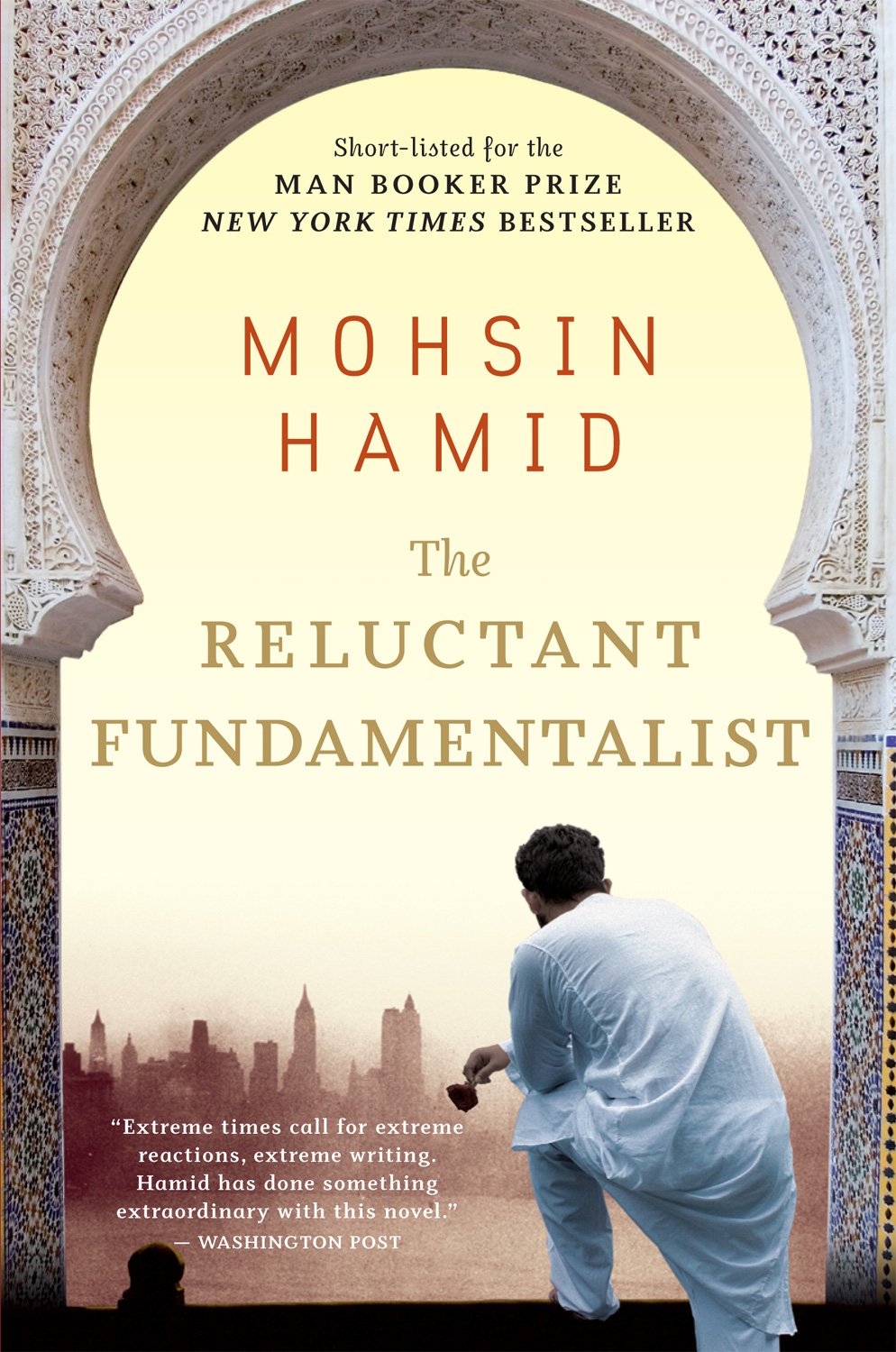
[Book Review] Two Moons, Two Realities
1Q84, Haruki Murakami, Shinchosa, Japan, 2009 (book 1 & 2), 2010 (book 3)
Over 900 pages in length and published in two volumes (the first containing Books 1 and 2, the second, Book 3), 1Q84 is a novel written by world-renowned author Haruki Murakami. Set in 1984 Tokyo, 1Q84 vacillates between two characters: Aomame, a female gym instructor who avenges victims of domestic violence, and Tengo, a math teacher who ghostwrites a smash-hit novella.
The story begins with Aomame catching a taxi in Tokyo. When the car gets stuck in a traffic jam, the driver suggests she climb down an emergency escape in order to arrive on time for her meeting. As Aomame leaves, the taxi driver mysteriously declares, “Do not let appearances fool you. There is always only one reality”. She then ends up in a parallel dimension that is marked by the presence of two moons. Meanwhile, Murakami establishes a second storyline about Tengo who secretly revises a short novel called Air Chrysalis. The story is based on a girl visited by 4-inch-tall creatures known as “Little People” who emerge from the mouth of a dead goat.
And over the course of theoretically abstract encounters, fighting against a powerful commune, violence, and murders, Aomame and Tengo eventually meet, discovering that they had already known one another.
Many issues are brought to light through these three books—violence against women, child abuse, esotericism of religious sects, sex, love, marginalization in society, and finally, death and rebirth. In the end, 1Q84 is a long novel fully packed with stories and characters that are able to stimulate readers’ fantasies by giving much food for thought.
The title of Haruki Murakami’s three-volume novel is a direct reference to George Orwell’s 1984. The Japanese word for “nine” is pronounced like the English “Q”, so 1Q84 is essentially one-nine-eight-four. Just as Orwell introduced the dictator “Big Brother”, Murakami introduces his “Little People”. Murakami is said to have also been inspired by authors such as Anton Čechov, Marcel Proust, Charles Dickens, and William Shakespeare.
By Alessandra Bonanomi, Reporter for The AsiaN






